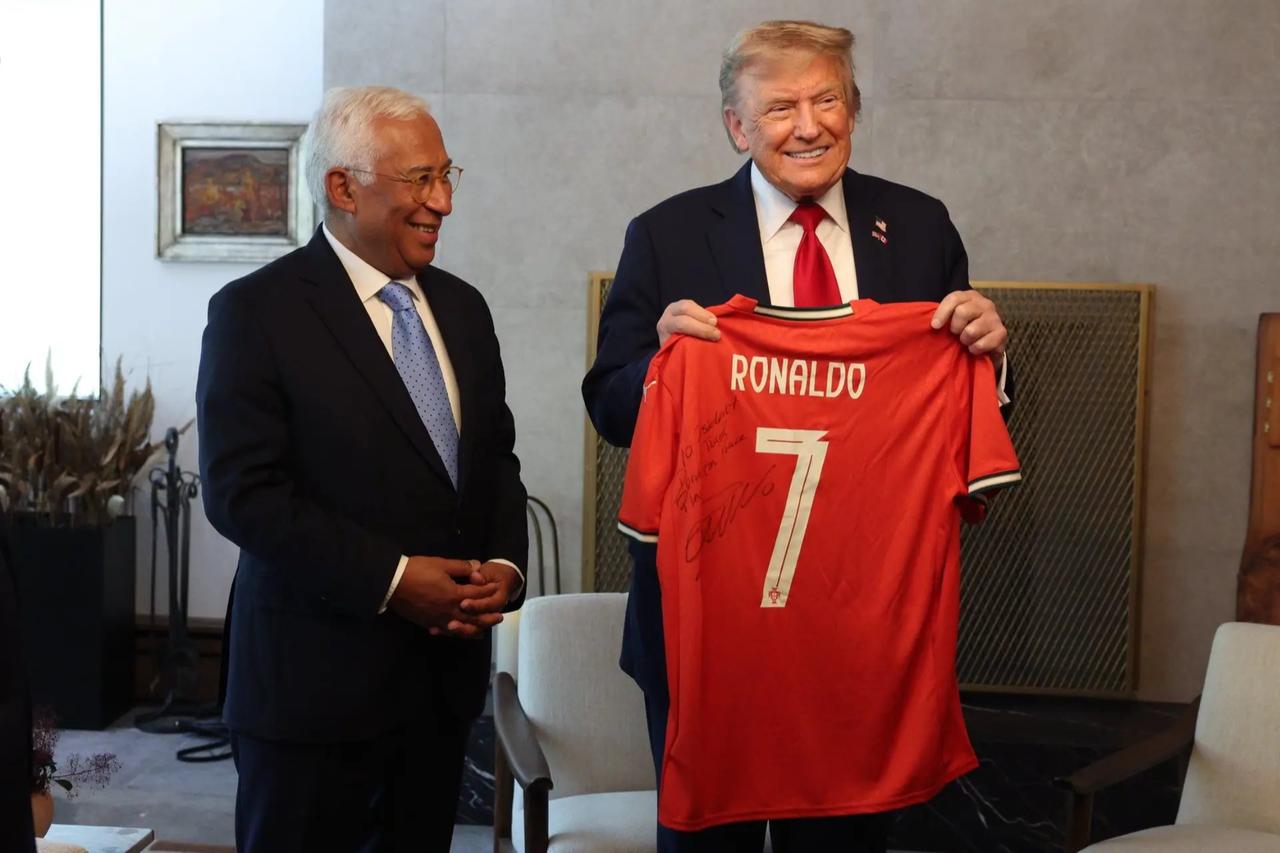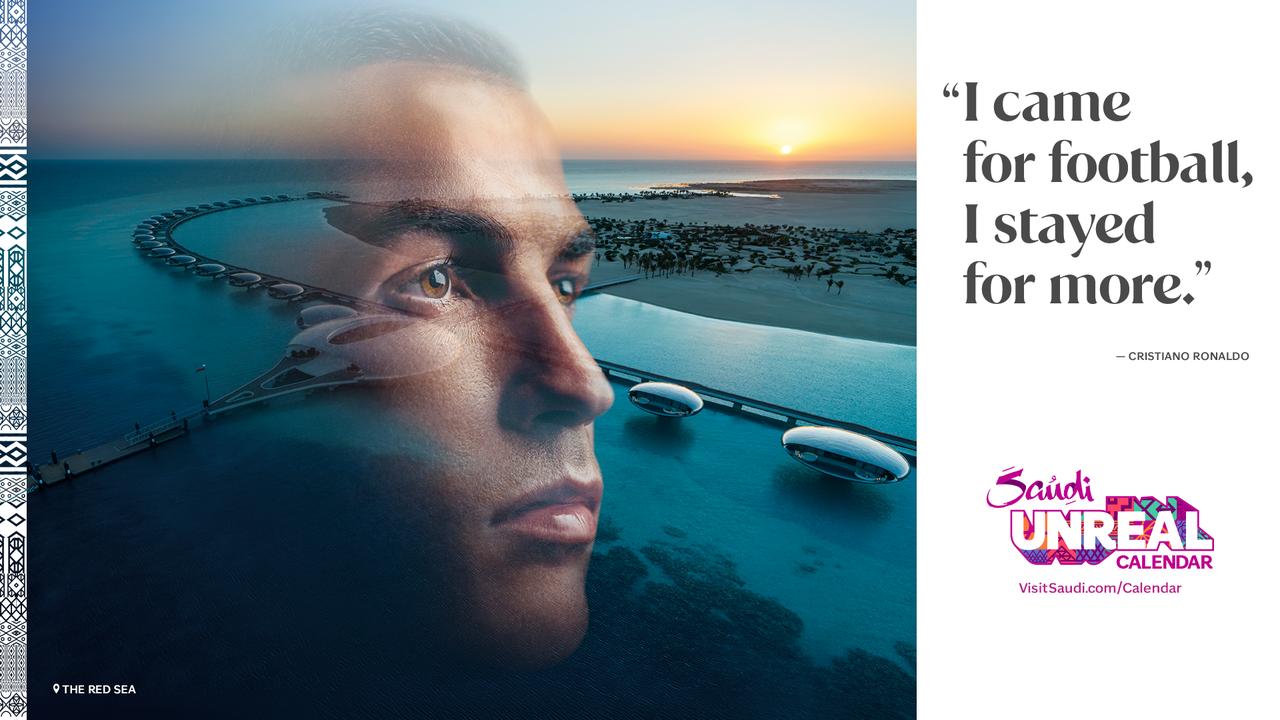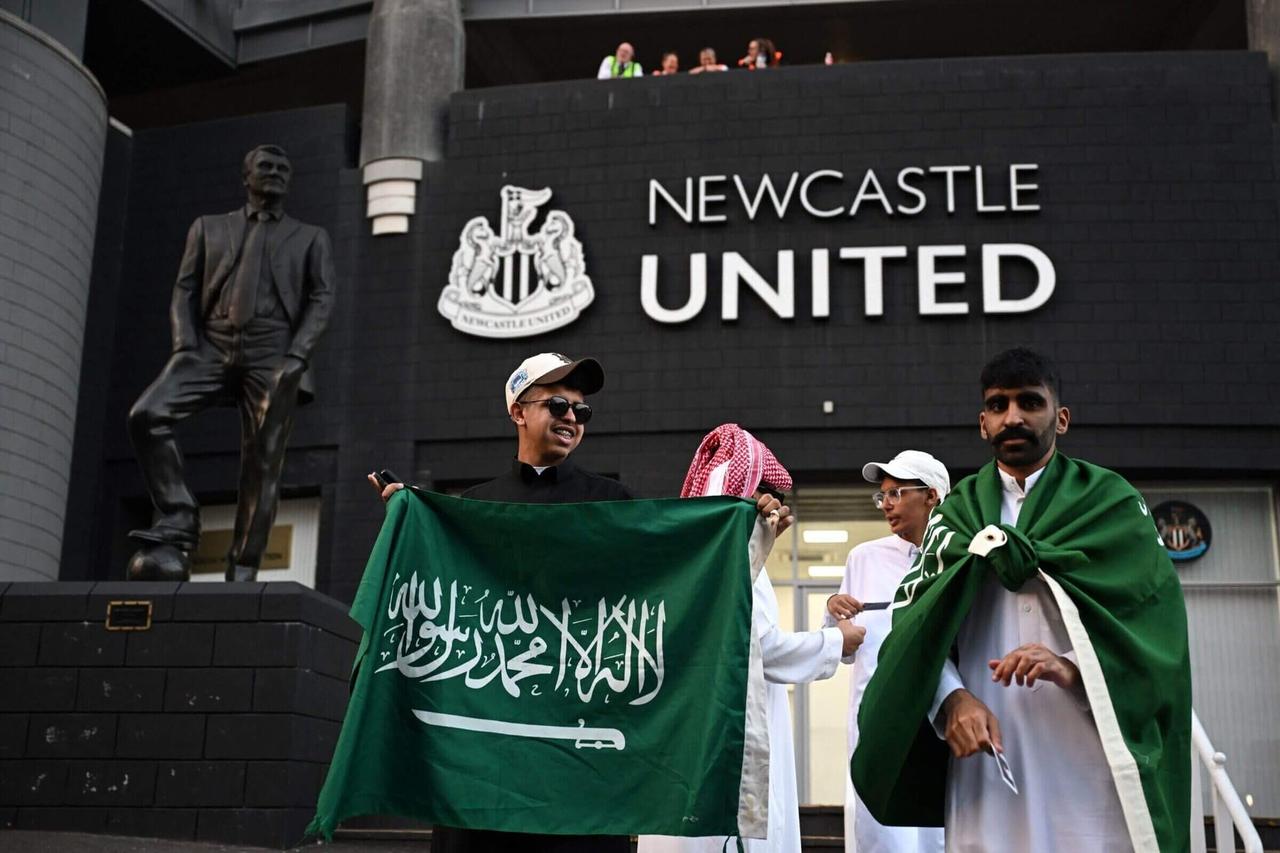
Cristiano Ronaldo’s planned visit to the White House on Tuesday, scheduled for the same day as Donald Trump’s meeting with Saudi Crown Prince Mohammed bin Salman, has brought renewed attention to Saudi Arabia’s ongoing use of global sports figures to bolster its international image.
Ronaldo, who joined Saudi club Al-Nassr in 2023, has become one of the most visible faces of the kingdom’s ambitious push from global sports to its tourism efforts and entertainment.
The timing of the visit underscores how closely Saudi Arabia’s sports investments now intersect with political outreach.
As Ronaldo’s profile within the kingdom has grown, he has become increasingly entwined in broader narratives about Riyadh’s efforts to soften perceptions of its human rights record, a point critics say cannot be separated from the kingdom’s strategic use of celebrity athletes and past investments such as the purchase of Newcastle United.

Human rights organizations describe Ronaldo’s move to Al-Nassr as a textbook example of sportswashing. By leveraging major sporting events or personalities to shift global attention away from restrictions on expression, crackdowns on dissidents, and high-profile abuses.
Groups such as Amnesty International argue that by promoting tourism campaigns and public relations events, high-profile athletes become part of a carefully designed effort to normalize Saudi Arabia’s global reputation.
Advocates insist the issue is not Ronaldo’s professional choices but rather the platform he now occupies. They have repeatedly urged him to speak publicly about concerns that include mass executions, curbs on political freedoms, and the imprisonment of activists.
The argument is that silence from internationally influential figures inadvertently reinforces the kingdom’s narrative, especially as it accelerates high-visibility investments linked to Vision 2030, its economic diversification blueprint.
Saudi Arabia’s growing presence in football, boxing, golf, and esports reflects the scale of its soft power ambitions. The country has pursued an aggressive strategy: multibillion-dollar acquisitions such as the purchase of Electronic Arts (EA), partnerships with star athletes like Ronaldo, and bids for major international competitions like the 2034 World Cup. Ronaldo’s transfer was widely viewed as the most visible and precedent-setting example of this drive, helping Saudi clubs and institutions command global headlines.
The project is intertwined with the leadership’s desire to attract tourism, reshape domestic entertainment and society, and court international legitimacy. Supporters argue these investments open new markets and develop local talent. Critics counter that they serve primarily to overshadow ongoing rights abuses and deflect scrutiny of domestic and regional policies.

Long before Ronaldo’s move, Saudi Arabia’s sports strategy had already collided with public debate in the United Kingdom. The 2021 acquisition of Newcastle United by a consortium led by the Public Investment Fund (PIF) triggered intense scrutiny over the fund’s ties to the Saudi state.
While the Premier League said it received “legally binding assurances” that the Saudi government itself would not control the club, many analysts and rights groups rejected the distinction, pointing to the crown prince’s role as head of the PIF.
The deal took more than four years to complete, largely due to public backlash following the murder of journalist Jamal Khashoggi at the Saudi consulate in Istanbul in 2018.
Human rights advocates, including Khashoggi’s fiancée Hatice Cengiz, warned that the takeover would allow Riyadh to cleanse its global image through the prestige of English football.
Amnesty International called the approval an “extremely bitter blow,” arguing that existing ownership tests do not adequately address human rights considerations or state influence.
The absence of institutional safeguards that could guarantee independence between Saudi leadership and PIF-controlled assets also shows that the huge funds are part of the leadership’s strategy.
Figures such as Sacha Deshmukh of Amnesty International U.K. and regional experts like Dr. David Wearing emphasize that these investments serve not only economic interests but also a calculated effort to “whitewash” reputational damage stemming from human rights violations and the Saudi-led war in Yemen.
On the same day, President Donald Trump and Saudi Arabia’s Crown Prince brushed off questions about bin Salman’s involvement in the 2018 killing of the Saudi journalist Jamal Khashoggi in the Saudi consulate in Istanbul.
“Things happen,” Trump said when asked about Khashoggi’s killing.
Amid all these developments, Ronaldo’s White House visit effectively places sports diplomacy alongside geopolitical engagement, proving how sports icons can become secondary actors in state-level image management.